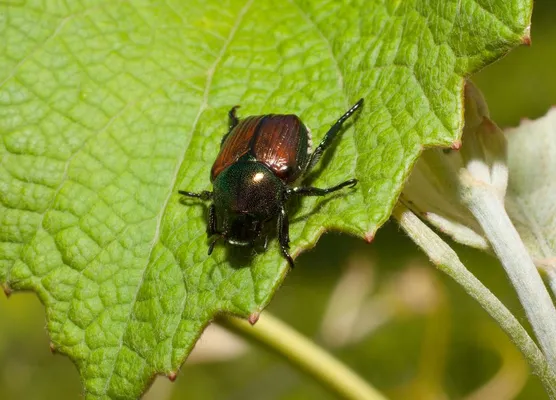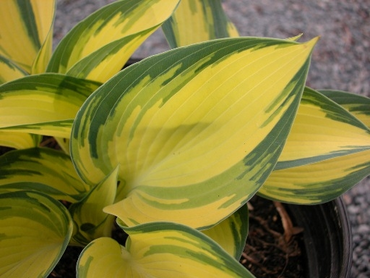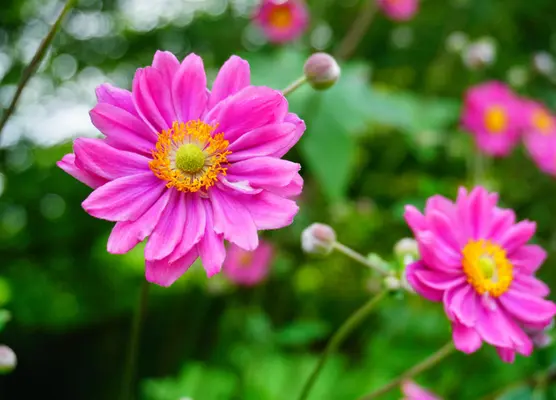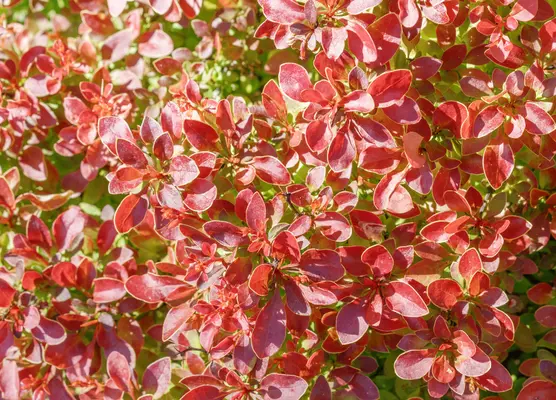Pests, disease & weeds in June, July and August

In the UK, summer brings challenges like pests, diseases, and weeds that can damage gardens and crops. Below are common issues and recommended chemical controls, along with organic alternatives where possible. Always follow UK pesticide regulations and consider integrated pest management (IPM) before resorting to chemicals.
1. Common Summer Pests & Chemical Controls
-
Aphids – Use pyrethroids (e.g., deltamethrin) or neonicotinoids (e.g., acetamiprid) – Note: Neonicotinoids are restricted in the UK.
Organic option: Insecticidal soap, neem oil, or ladybird predators. -
Whitefly – Pyrethrum-based sprays or fatty acid-based insecticides.
Organic option: Yellow sticky traps, neem oil. -
Slugs & Snails – Ferric phosphate pellets (e.g., Sluggo) – less harmful to wildlife than metaldehyde (now banned in the UK).
Organic option: Beer traps, copper tape, nematodes. -
Caterpillars (e.g., cabbage white) – Bacillus thuringiensis (Bt) or spinosad.
Organic option: Hand-picking, netting with fine mesh. -
Red Spider Mite – Abamectin (for severe infestations) or plant oils (e.g., rosemary extract).
Organic option: Increase humidity, predatory mites.
2. Common Summer Diseases & Chemical Controls
-
Powdery Mildew – Fungicides containing myclobutanil or sulphur-based products.
Organic option: Baking soda spray (1 tsp per litre of water), milk spray. -
Black Spot (Roses) – Fungicides containing tebuconazole or trifloxystrobin.
-
Organic options Scotts Rose Clear and Fungus Clear
3. Summer Weeds & Chemical Controls
-
Annual Weeds (e.g., chickweed, groundsel) – Glyphosate-based herbicides (non-selective, kills all plants) or pelargonic acid (contact herbicide).
Organic option: Hand-weeding, mulching, flame weeding. -
Dandelions & Deep-rooted Weeds – Selective lawn herbicides (2,4-D or MCPA) for lawns.
Organic option: Dig out roots, use vinegar solution (may require repeat applications). -
Moss (in lawns) – Ferrous sulphate or iron-based moss killers.
Organic option: Improve drainage, scarify lawn.
-
Avoid banned chemicals – Metaldehyde (slug pellets) and some neonicotinoids are restricted.
-
Consider wildlife – Avoid spraying near pollinators (bees, butterflies) and water sources.



